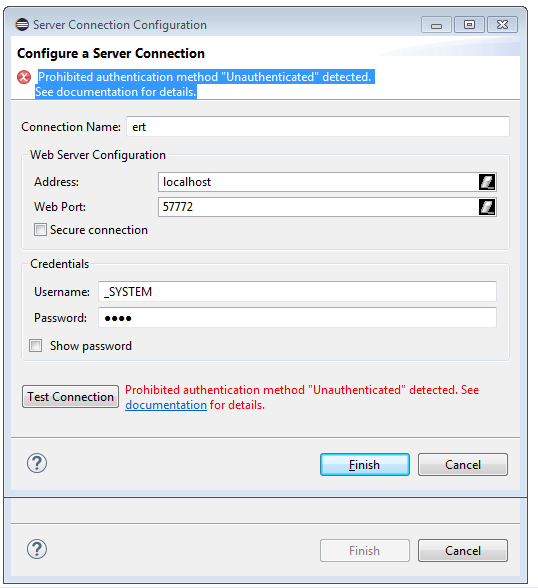Lost the raid array on our server. We were able to recovery all the data from backup but now are running into road blocks getting the Cache database up and running. We are running version 5.0.7 which is quite old but works for our needs.
InterSystems Developer Community is a community of
25,561 amazing developers
We're a place where InterSystems IRIS programmers learn and share, stay up-to-date, grow together and have fun!

